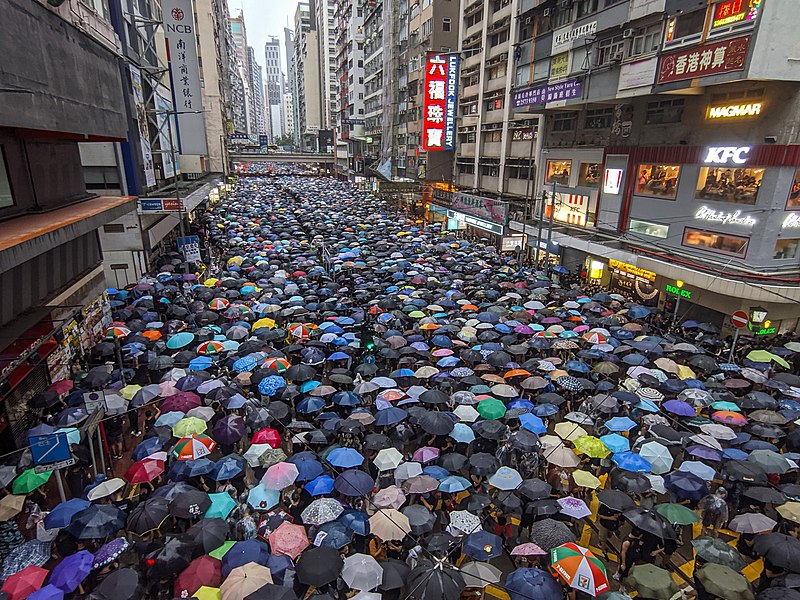
China recently passed a new law concerning Hong Kong that erodes the freedoms and autonomy Hong Kong had enjoyed. As part of the agreement with the British, China was supposed to respect Hong Kong’s democratic process and relative autonomy. The arrangement was similar to the system the Native American tribes have with the United States. The tribes resided as a part of the United States but retained their own governance. However, just like the United States have segregated and otherwise exploited the Native American nations, China seeks to exploit Hong Kong and bring it into the mainland system.
Hong Kong’s democratic process and relative freedom poses a threat to the Chinese system. All governments, no matter the type, seek to preserve themselves. And Hong Kong could provide an avenue for democracy to infect the Communist system. Ironically, this grip China is slowly tightening could signal the downfall of the Chinese Communist Party (CCP). As history shows, especially Chinese history, any government that grips too hard on its people, runs the risk of self-destruction. The leaders of the CCP fear the people. After all, Chinese dynasties have fallen to peasant uprisings and to civil war. Yet, that fear sows the seeds of its own destruction because it gives the people a cause to rise against them. People can endure much when they are fed and content, but when lean periods come, as they do, the slights and strains people endured in the past can fuel action, often action that leads to violence. The American Revolution came out of people finally having enough. The collapse of Mayan civilization seems to be the same reason. People endured a drought and famine until they couldn’t any longer and left their civilization behind.
This isn’t to say we should expect the CCP to destabilize overnight. As I’ve been told by a few Chinese people, the populace is numb. People just want to be left alone and live their lives. It will be decades, perhaps even a century, before fissures appear.The desire for self preservation makes the government squeeze a little too tight on the people at the wrong time. Hong Kong, or the memory of it, could ignite a revolution if the wood, wind, and kindling align. However, governments with light hands on their people have a better chance to prosper and grow. The Roman Empire had a light hand on its people for most of its history, but when the late Western Empire squeezed, segments of the Empire revolted before Rome itself was taken by Flavius Odoacer, a “barbarian” who was an officer in the Roman army. History runs in cycles because we keep repeating the same mistakes. Autocracy and control cannot be maintained. So too will the CCP and any authoritarian government eventually fall.
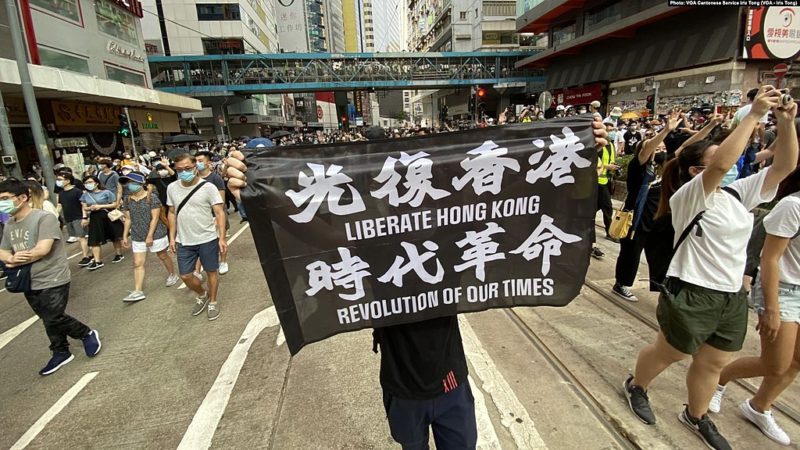
I don’t usually get political on JP. But the plight of Hong Kong represents a fight that has been going on across the world between tighter control of government and corporations and the freedoms of the people. Sometimes the conflicts are subtle, such as the way Google and Facebook collect your data and sell it. Privacy, after all, is a freedom to learn and live without exploitation. Freedom also includes freedom from censorship and intellectual theft. After all, manga and anime couldn’t thrive as they do if Japan censored artists or if the US censored its imports. Granted, some censorship does happen, but on the whole, these materials are accessible.
I write this as a biased American who is concerned about how the issue of Hong Kong, which is, admittedly, a Chinese domestic problem, can lead to further reach and influence within Asia. It sets a precedent that may embolden other governments. For example, Russia and Japan have been arguing over the Kuril Islands (called the Northern Territories in Japan), which both claim. China’s push to pull Hong Kong further into its sphere may prompt Russia or Japan to pull the islands into theirs. The islands offer oil reserves, trading ports, and fishing. Whenever any nation makes a move, other nations in the area react to try to right what they see as an imbalance (whether or not the imbalance exists). Hong Kong is a rich trading port, after all. And tighter control by the CCP would hurt trade.
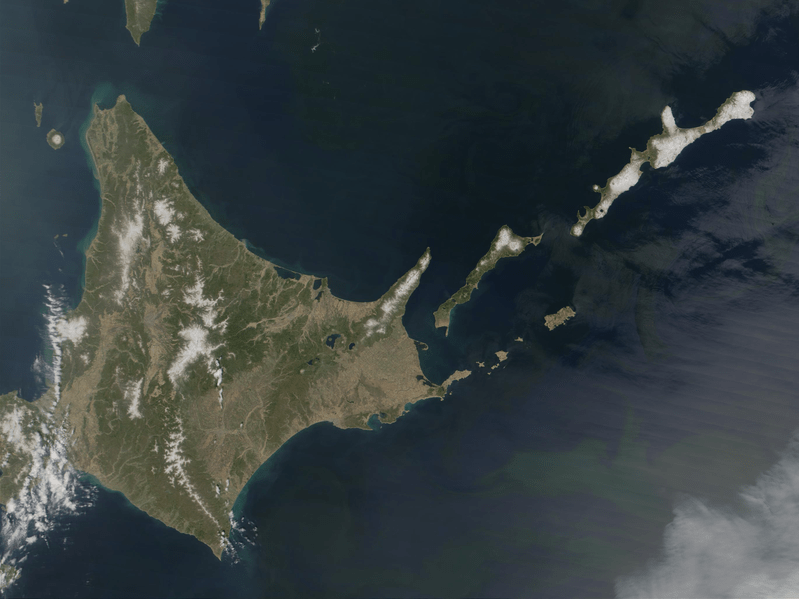
Of course, many hope the protests in Hong Kong will spread to mainland China and undermine the CCP. However, these people don’t consider how civil unrest, military crackdowns, and other action-reaction chains would hurt Japan and other areas. If China fell into civil war (not that it will anytime soon), the refugees that would slip into the surrounding nations would strain resources and stoke the usual fears that come from mass immigration. Yet, as a freedom-loving American, I also don’t want to see Hong Kong fall deeper under censorship and the other controls the CCP leaders use against their people (Please not that not all members of the CCP support such actions. Most are normal people who are members because of their jobs). The Uyghurs, for example, are forbidden to have large families and are forced into labor camps where they receive forced ideological and behavioral re-education. Because of our interconnections, what happens to one people affects all of us eventually. Although we can’t influence these events, we should remain aware of them and give them due thought. We can also hope that freedom can thrive, if only in the interest of avoiding the collapses that accompany tight control and misguided efforts of governmental self-preservation.
References
BBC News (2013) Kuril island dispute between Russia and Japan. https://www.bbc.com/news/world-asia-pacific-11664434
Kelly, Jack (2020) China Moves Uyghur Muslims into ‘Forced Labor’ Factories. Forbes. https://www.forbes.com/sites/jackkelly/2020/03/05/china-moves-uyghur-muslims-into-forced-labor-factories/#f6f5c2944e5a
Regan, Helen (2020) China passes sweeping Hong Kong national security law. https://www.cnn.com/2020/06/29/china/hong-kong-national-security-law-passed-intl-hnk/index.html
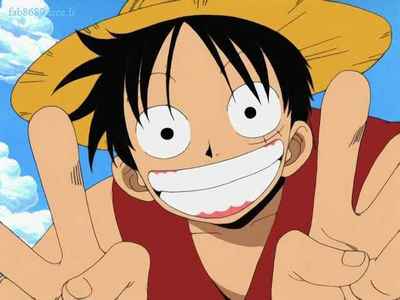
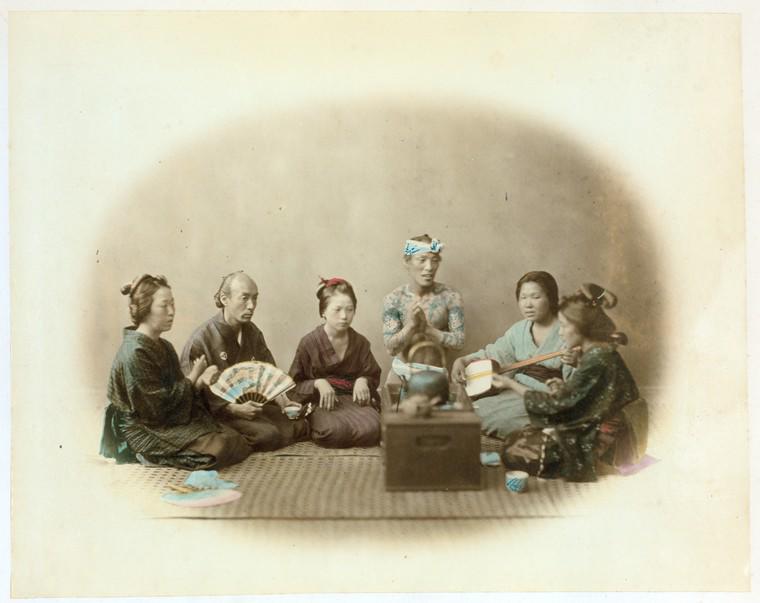
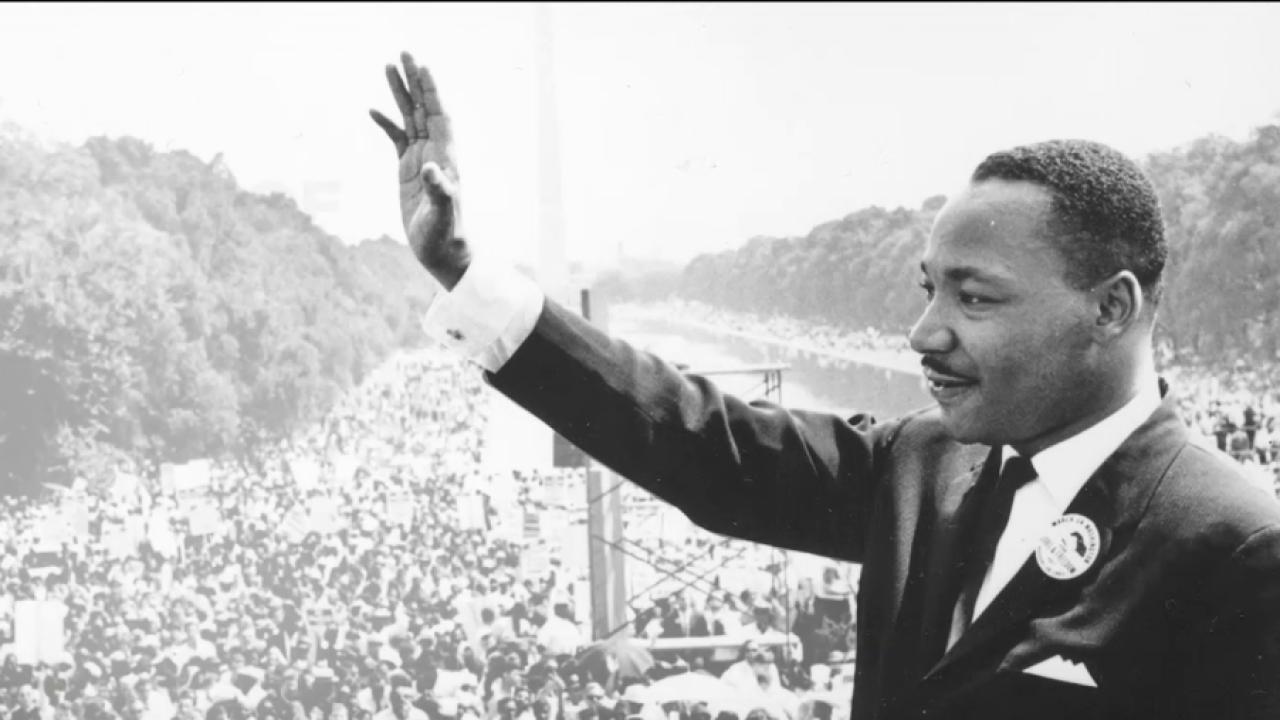
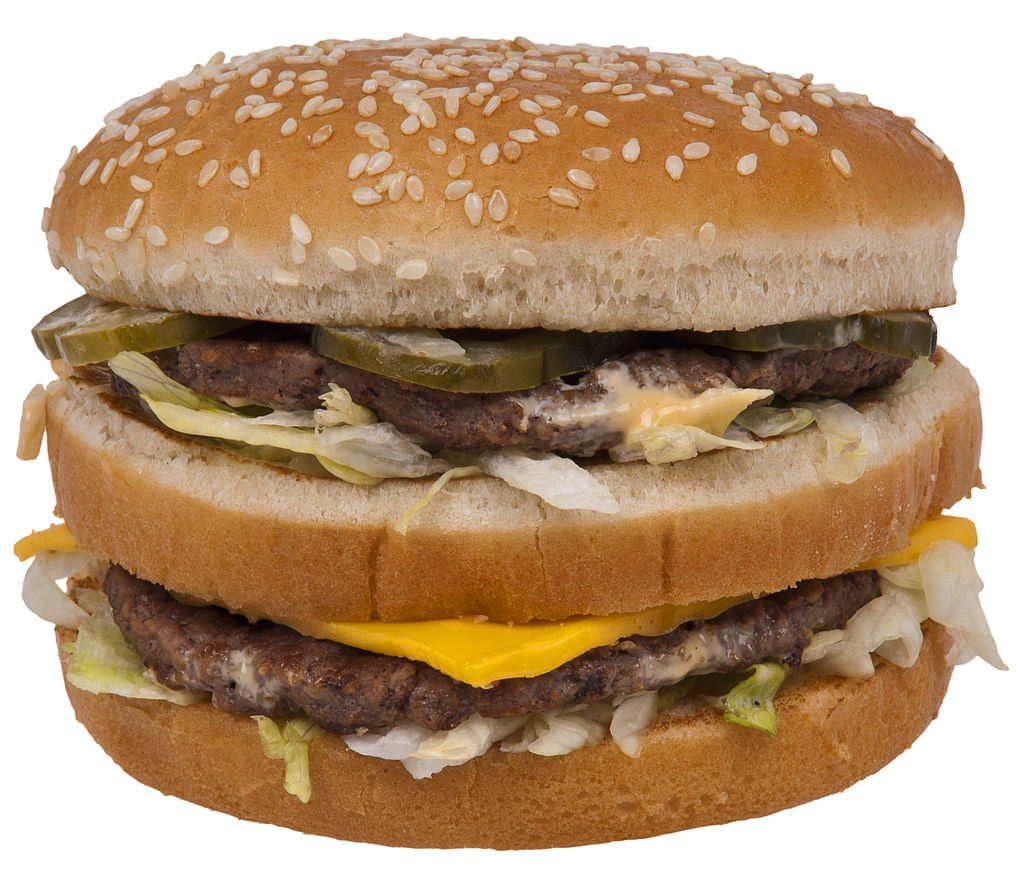
I don’t know why people of Hong Kong expected China to honor whatever agreement China made in lieu of Hongkong reverting to the mainland. China will only recognize whatever was/were stipulated in the Treaty of Nanjing. And from what I know, the treaty only states to yield back Hong Kong to China after a 99 year lease. Nowhere in the treaty was it stated that China is to retain autonomous status to what
was known as The Pearl of the Orient. The formal signing of the new security law for Hong Kong seals the absolute power CCP has over this small region. There is no escaping this reality. There is no way out. I do hope I’m wrong. Now’s the time. We need heroes to save the Chinese from this proletariat dictatorship. God help us.
As the Native Americans know from their dealings with the US, governments tend to only recognize agreements that benefit them. It ties back to the idea of self-preservation at all costs. Sadly, I believe you are right. As I read more about the law, it seems Hong Kong’s freedom has reached its end. The West can’t do much about it. It has to be handled by the Chinese people.